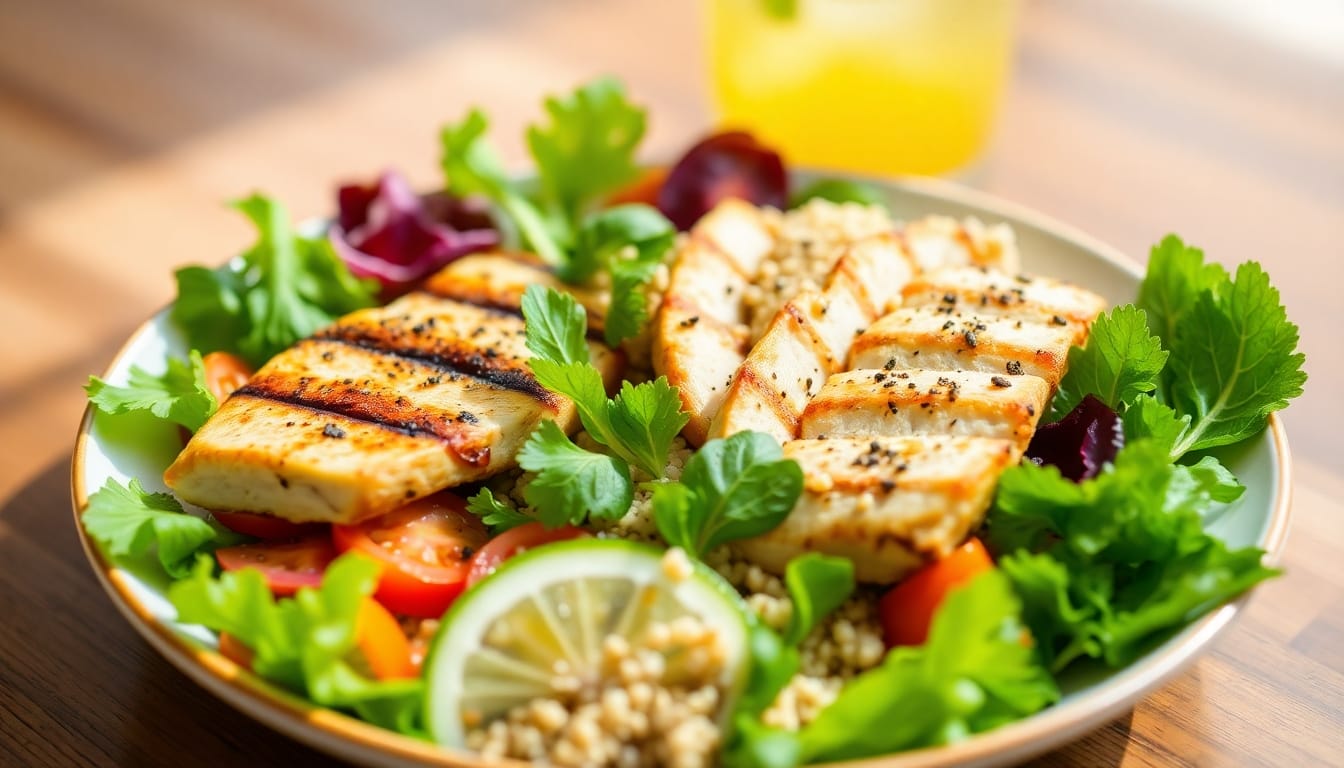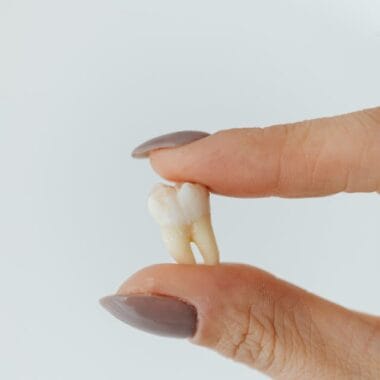Maintaining a healthy diet not only involves eating the right food , it’s a blend of nutrition, hydration and workout. If you are looking to improve your health or maintain your health this guide will help you from planning a meal and explain to you the benefits of natural cooking oils for a healthy lifestyle.
What is the foundation of a healthy diet?
The foundation of a healthy diet is a balanced diet which means a diet which is full of essential nutrients and fuels which are required for your daily activities and also helps in prevention of chronic diseases.
Essential nutrients like carbohydrates provide energy to get this carbohydrate. We need to consume whole grains, legumes and fruits. Some of the proteins such as Fish, eggs, tofu, lentils, and beans should be taken for high protein which helps in repair of the tissues and increases immune functions. Fats avocado nuts seeds and cold breast oil helps in increasing hormone production and also increase brain health if fats should be consumed in a natural format. vitamins and minerals support the body so consuming leafy green vegetables, fruits and dairy products help in boosting vitamins and minerals in your body.
What are the diverse dive tips for a healthy diet?
- Include a variety of foods to ensure comprehensive nutrition
- Ensure that you are taking seasonal and local produced foods for freshness
- Choose for minimally processed foods
- Heat the right amount of food at the right time which will help in regulating metabolism and maintain energy level
- Three main meals are breakfast, lunch and dinner.
- Use equal portion of vegetables proteins carbs and healthy fats in your mails
- In half of a plate take vegetables one Palm size portion protein one fist size portion carbs and Thumb size of healthy fats use smaller plates to manage portion control effectively
What is the importance of hydration?
A human body is made up of 60% water which helps all the vital functions of the body. Consuming water in a sufficient amount helps the body in many ways such as it brightens the skin and also increases the immunity to work. The digestive system of a human is also dependent upon water consumption.
How Much Water Do You Need?
- Adults: 8–10 glasses (2.5–3.7 liters).
- Children: 5–7 glasses (1.5–2 liters).
- Seniors: 6–8 glasses, depending on activity levels.
Hydration Tips
- Start your day with a glass of water to kick-start digestion.
- Drink water consistently throughout the day, not just when thirsty.
- Add a slice of lemon or cucumber for flavor.
Hydrating Foods
- Watermelon, oranges, cucumbers, and strawberries.
Use of cold pressed oils for healthy diet:
Cold pressed oils are extracted without heat or chemicals; all essential nutrients are retained in the cold pressed oils. The cold pressed oils are the best choice over refined oils.
Benefits of cold pressed oils:
Rich in nutrients: It contains high omega-3 fatty acids, vitamins, and antioxidants which are very helpful for a healthy diet.
Promotes heart Health: Helps to reduce bad cholesterol and supports in maintaining good cholesterol.
Improves Digestion: The cold pressed oil is Gentler on the stomach compared to processed oils.
Popular cold pressed oil are:
Cold pressed coconut oil: It is best for cooking and skincare routines. It does not have any side effects for skin and also for health. It would be best for salads to make a healthy diet.
Cold pressed Groundnut oil: Adds flavour and nutrients to Indian dishes.
Cold-Pressed Sesame Oil: Rich in calcium and magnesium.
Foods to Avoid for Optimal Health
Certain foods can derail your health goals. Avoid or limit the following:
Unhealthy Foods
- Processed snacks like chips and biscuits.
- Sugary drinks like sodas and sweetened teas.
- Fried foods high in trans fats.
- High-sodium packaged products.
Healthy Substitutes
- Replace sugary drinks with herbal teas or infused water.
- Opt for baked or air-fried snacks over deep-fried items.
Exercise for Physical and Mental Wellness
Exercise is essential for a healthy heart, strong muscles, and mental well-being.
Recommended Daily Exercise
- Cardio:
- Activities like brisk walking, cycling, or swimming.
- Aim for 30–45 minutes daily.
- Strength Training:
- Improves muscle tone and bone health.
- Perform twice a week using weights or resistance bands.
- Yoga and Meditation:
- Boosts flexibility, balance, and mental calmness.
- 15–20 minutes daily can make a difference.
Pro Tip: Combine strength and cardio workouts for a balanced routine.
Ideal Meal Timings
When you eat can impact digestion, energy levels, and sleep.
Recommended Schedule
- Breakfast: 7–9 AM (within an hour of waking).
- Lunch: 12–2 PM (your largest meal).
- Dinner: 7–8 PM (light and easy to digest).
- Snacks: Around 10 AM and 4 PM for sustained energy.
Understanding Ideal Oil Intake
How Much Oil is Too Much?
- Adults: 2–3 teaspoons per day.
- Children: 1–2 teaspoons per day.
Why Cold-Pressed Oils?
- Free of harmful chemicals and trans fats.
- Retains natural flavours and health benefits.











